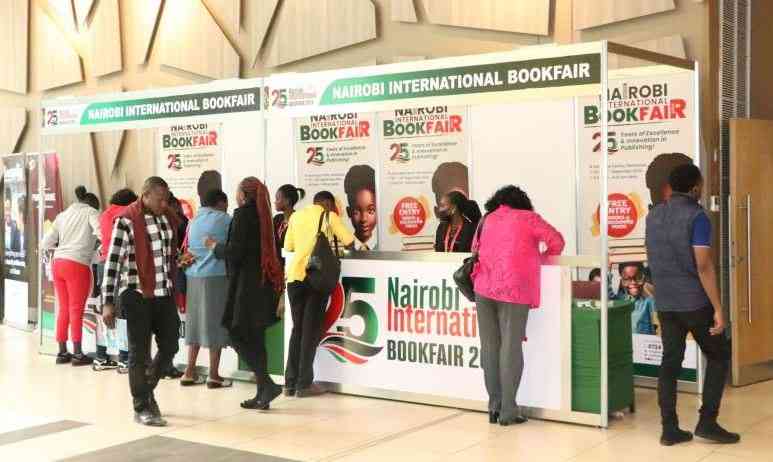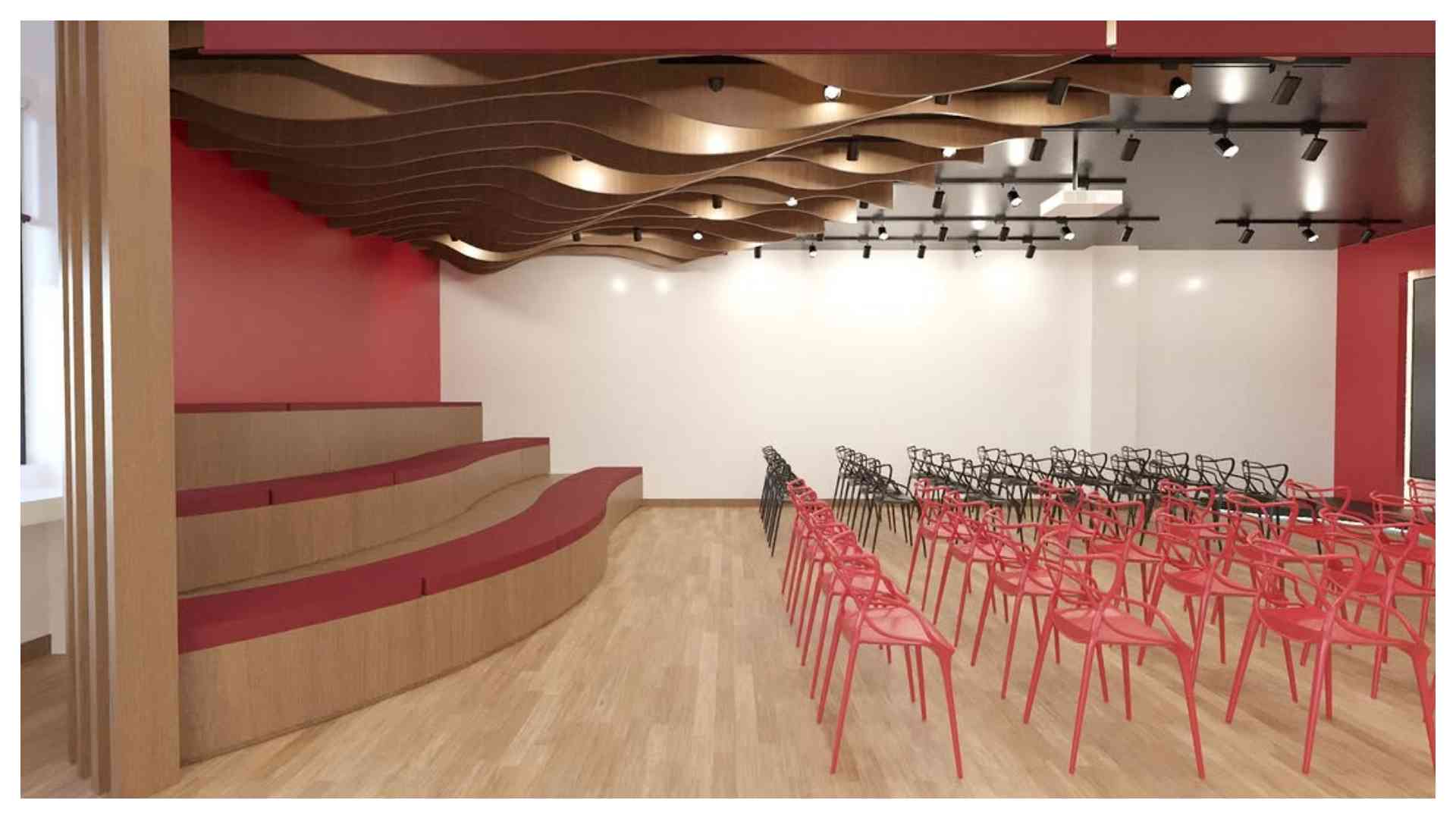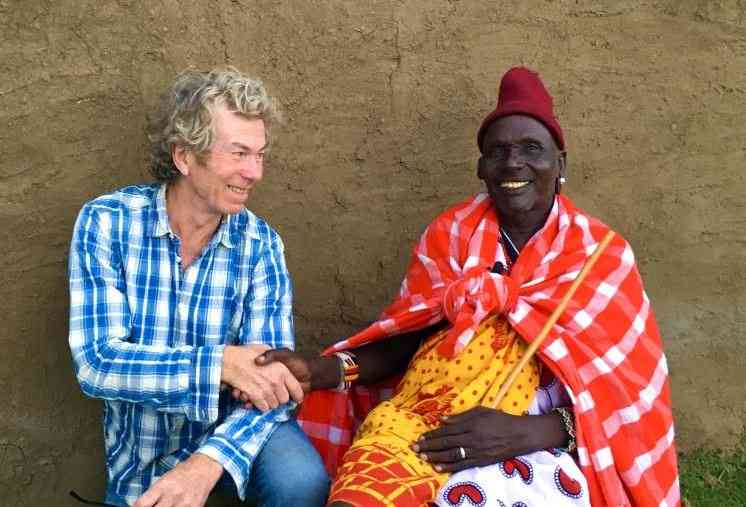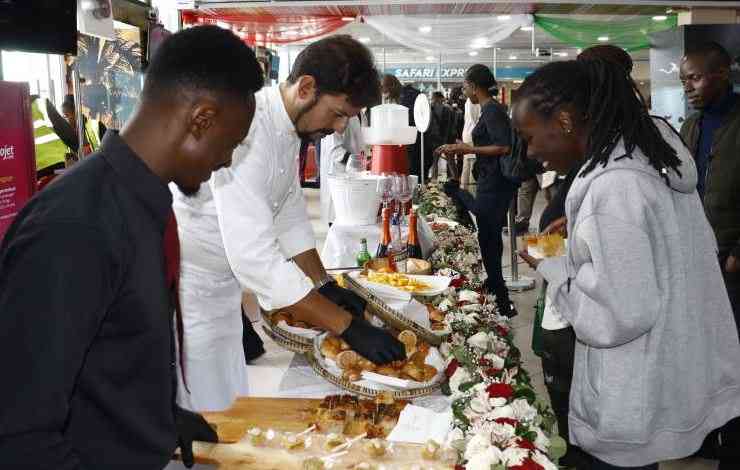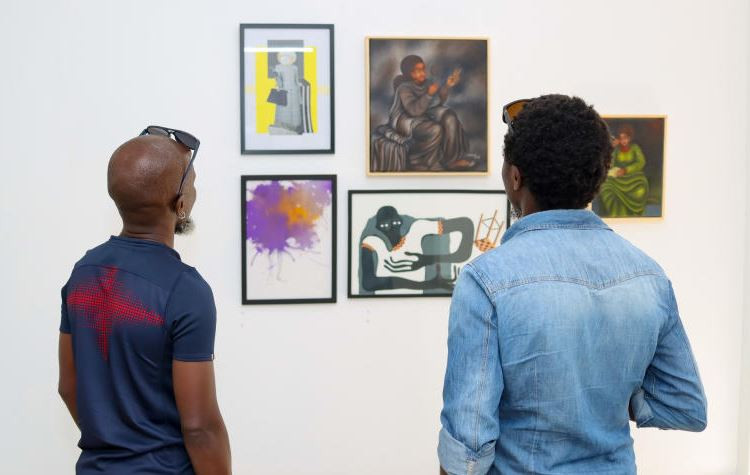
Winners of the Jomo Kenyatta Prize for Literature were unveiled on Saturday evening, during a gala dinner organised by the Kenya Publishers Association.
The list had three seasoned writers and two rookies divided into three main categories of Children, Youth and Adult writing, which were further broadened into English and Kiswahili categories.
In the Children’s category, M. K. Tarus, was the winner in the Kiswahili category, with his book Swila Arejea na Hadithi Nyingine published by Storymoja. There was no winner in the English category, as the submitted entries were deemed unsatisfactory. “The books failed to meet the basic requirements of a text meant for children, especially in their use of language, which was quite poor,” stated the report by the jury.
In the Youth category, the winner was Mshale wa Matumaini by John Habwe published by Access Publishers (Kiswahili) and A Jacket for Ahmet by journalist Tony Mochama, published by Oxford University Press (English).
Daniel Okello won the Kiswahili version of the award, in the Adult category, with his Kifunganjia, published by Storymoja. The English version in the Adult category was taken by Ngumi Kibera, with his book The Gambler, published by Oxford University Press.
Ngumi, Habwe and Mochama are multiple recipients of literary awards and the Saturday awards only added to their impressive list of awards.
In 2016, Habwe won the Wahome Mutahi Literary Prize with his book Kovu Moyoni, which was published by Bookmark Africa. Mochama won the Burt Prize for African Writing with his book Run Cheche Run in 2016, while Meet the Omtita’s was first runner-up in the same award in 2013.
With The Gambler, Ngumi now becomes a two-time winner of the Jomo Kenyatta Prize for Literature. He first won the prize in 1997 with his book Grapevine Stories, a collection of short stories, which was self-published. His other book, The Devil’s Hill, won the Burt Award for African Writing in 2012. “I feel truly rewarded,” Kibera told Maisha Yetu on phone. “The Jomo Kenyatta prize for Literature encourages authors to write, whether you win or not.”
Mochama said he is pleased that A Jacket for Ahmet won in the Youth category because it is a triumph for “thematic, well-told stories that captivate teen readers in this age of distracting – and at times even destructive to literature – social media.”
The Gambler is the intriguing story of Alex Kihara, aka Rex, who gets involved in the world of crime, drug smuggling and certainly murder. It is also the story of Bossman, a vicious businessman who takes advantage of financially struggling individuals in the society to recruit them as drug mules and involve them in dirty dealings on his behalf.
A Jacket for Ahmet is an adventurous story that explores the unexpected events unfolding in the life of Trojan Mwembe Tayari aka Ahmet. This story illuminates the usual and at times unusual activities that happen among young people in their school life and especially during their teenage years.
Mshale wa Matumaini recreates a civil strife similar to the Kenya’s post-election violence of 2007/2008. It illuminates the mistrust between the Walanga and Wareba when they allow tribal animosity to take root thereby leading to displacement of people, destruction of property and death of people and livestock.
In Kifunganjia, the playwright examines issues of the economy and aspects of leadership in a fictional country. The play demonstrates how the population that relies heavily on farming does not benefit from their hard labour.
Kiarie Kamau, the chairman of KPA says that the award is making a comeback after a one-year lull. “The prize is a reflection of the level of creativity that is thriving among authors of fiction. It’s also a demonstration that Kenyan publishers are also investing in fiction, in spite of being overwhelmed by the publishing of CBC textbooks,” he said.
He, however, noted that there is need for publishers to give much more attention to publishing of fiction in English and Kiswahili. “For a country that has produced renowned authors such as Ngugi wa Thiong’o, Grace Ogot, Francis Imbuga, Katama Mkangi, among others, we need to have a new crop of authors who can reach the stature of Chimamanda Ngozi Adichie of Nigeria or Tsitsi Dangarembga of Zimbabwe,” said Kamau.
This, he added, can only happen if publishers have refined literary editors in the industry.
The Wahome Mutahi Literary Prize was not awarded as the submitted entries failed to measure up. “Entries for the Wahome Mutahi Literary Prize were few and the ones that came did not meet the threshold of humour,” said Agatha Karani, who chairs the Awards Committee at KPA. “In some entries, there were a few jokes here and there but a joke is not humour.
In 1972, two years after KPA was formed, members felt there was a need to establish a literary prize, which would encourage and reward creativity. Thus, in 1974, the first edition of Jomo Kenyatta Prize for Literature was held and Meja Mwangi’s book, Kill Me Quick won in the English category. Sauti ya Dhiki, by Abdulatif Abdallah won the Kiswahili category.
After the first award, the Jomo Kenyatta Prize for Literature encountered headwinds and took a lengthy break. In 1990, KPA announced that it was ready to re-introduce the Jomo Kenyatta Prize for Literature under the sponsorship of Text Book Centre (TBC), the owners of Sarit Centre.
Ngunjiri is the curator of Maisha Yetu, a digital Arts and Books media platform [email protected]
 The Standard Group Plc is a multi-media organization with investments in media platforms spanning newspaper print
operations, television, radio broadcasting, digital and online services. The Standard Group is recognized as a
leading multi-media house in Kenya with a key influence in matters of national and international interest.
The Standard Group Plc is a multi-media organization with investments in media platforms spanning newspaper print
operations, television, radio broadcasting, digital and online services. The Standard Group is recognized as a
leading multi-media house in Kenya with a key influence in matters of national and international interest.

